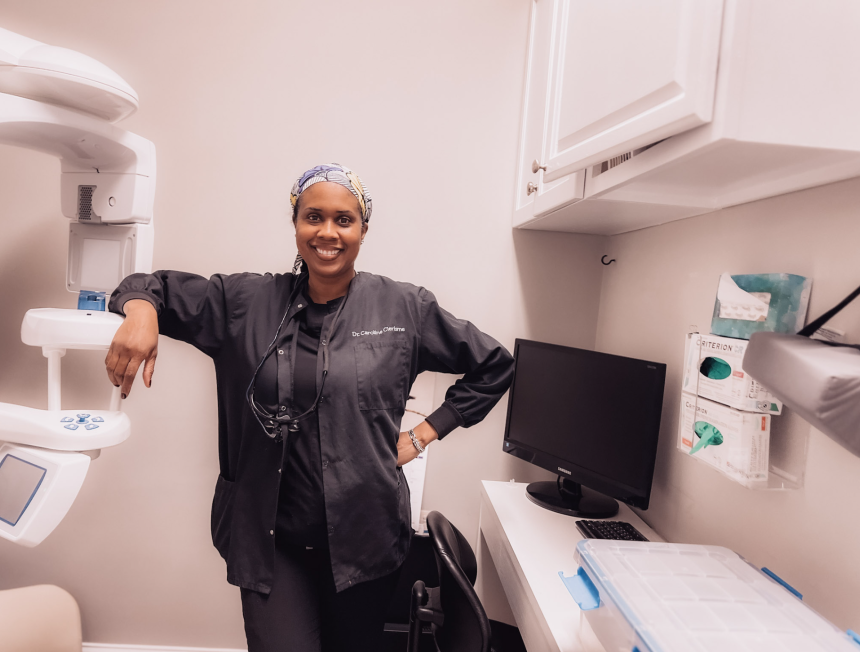While doing my research, i fell upon this Startling Statistic.
73% of Americans, including a significant number of doctors, do not have an estate plan. This statistic is alarming, given the implications of not having a plan in place for one’s assets and healthcare decisions.
The Overlooked Importance Among Professionals
One would assume that highly educated professionals like doctors would be more likely to have their estate plans in order. However, the busy and demanding nature of their profession often leads to neglect in personal financial planning, including estate planning. Moreover, some doctors think that they really don’t need it, that they don’t have any assets or children.
Why Estate Planning is Critical for Everyone
Estate planning is crucial for several reasons, regardless of one’s profession or wealth status. It involves making plans for the transfer of your estate after death. An estate is everything that you own, including money, property, and other personal belongings.
- Asset Distribution: Without an estate plan, the state decides how your assets are distributed, which may not align with your wishes. Even by having a will instead of an estate plan, you may run into issues as far as assets distribution.
- Healthcare Decisions: Doctors, who often witness the complexities of healthcare decisions, can appreciate the importance of advance directives for medical care.
- Guardianship: For those with children, an estate plan is essential to appoint guardians in the event of the parents’ untimely demise.
- Tax Benefits: Proper estate planning can also provide significant tax benefits, which is important for high-income professionals like doctors.
Common Misconceptions
There are several misconceptions surrounding estate planning:
- “It’s Only for the Rich”: Estate planning is not just for the wealthy. Everyone has assets, and deciding how they are handled after death is crucial.
- “It’s Too Complicated”: While estate planning can be complex, professional guidance can simplify the process.
- “I’m Too Young to Think About It”: Life is unpredictable, and it’s never too early to plan your estate.
Steps to Effective Estate Planning
- Assessment: Start by assessing your assets, including properties, investments, and personal possessions in order words, organize your finances.
- Consult Professionals in order to draft essential documents such as includes wills, trusts, power of attorney, and healthcare directives: Seek advice from financial advisors and estate planning attorneys who can provide tailored advice for your situation. That’s a must, and no, it doesn’t need to be expensive.
- Update Regularly: Life changes such as marriages, births, and career advancements necessitate updates to your estate plan.
The fact that 73% of Americans, including doctors, lack an estate plan is a wake-up call. Estate planning is an essential aspect of financial well-being and personal peace of mind. It is a critical step in ensuring that your legacy is handled according to your wishes, providing security and clarity for your loved ones.
Comment done in the comment section after you have done your estate plan or if you have one already.
I am rooting for you!
Caroline Clerisme, DMD
This post is for informational and educational purposes only. It does not constitute tax, investment, or legal advice. If you are seeking such advice, you should seek the assistance of a qualified professional.
This blog post emphasizes the universal need for estate planning and aims to dispel common myths that prevent people, including busy professionals like doctors, from taking this vital step.

